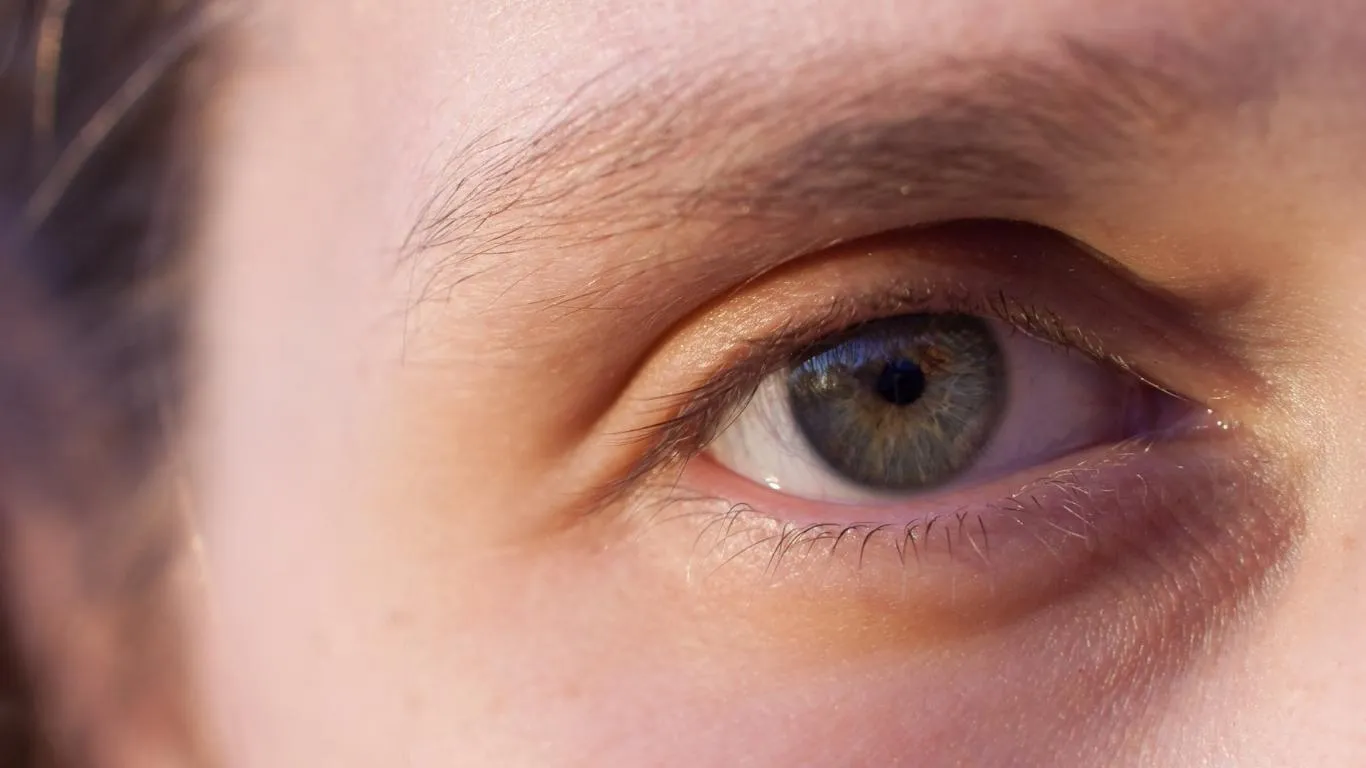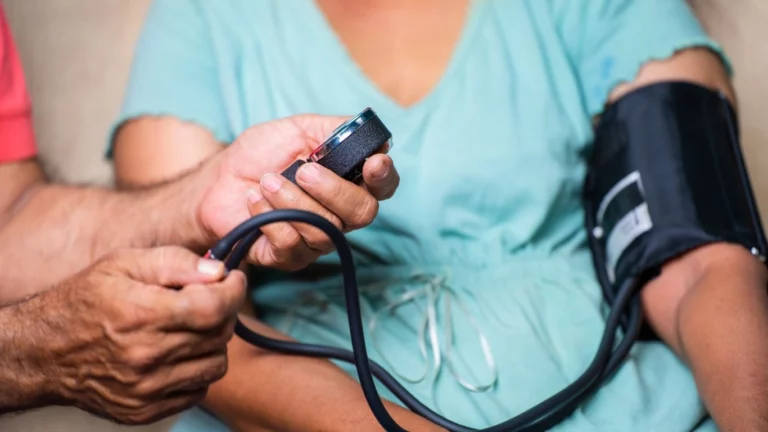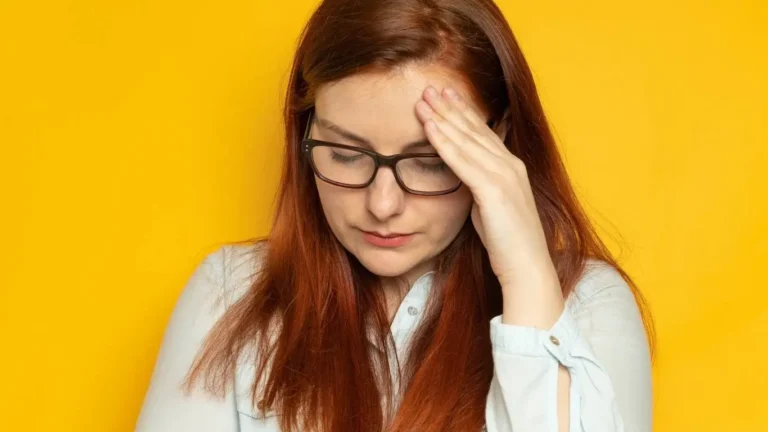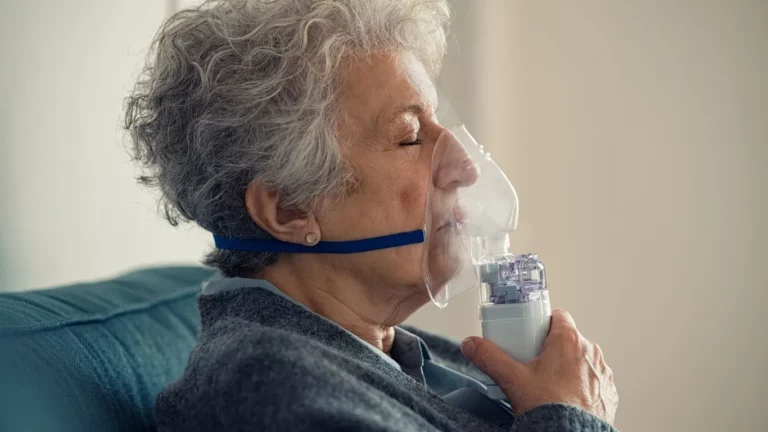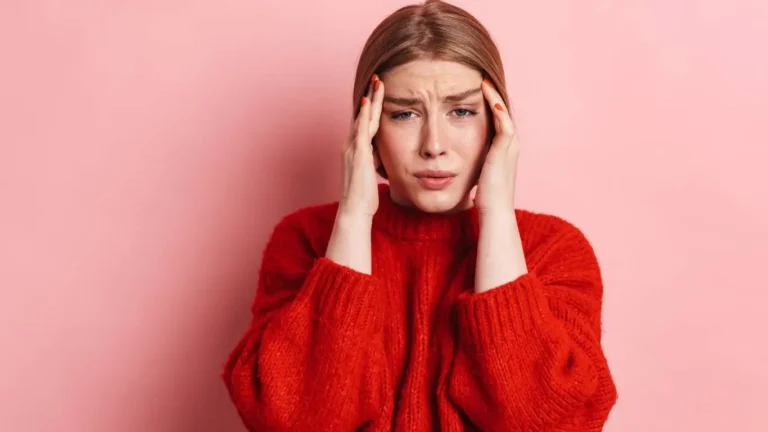Signs Floaters Could Mean You Have a Vitamin E Deficiency
So here’s something odd that happened to me a few months back—I’d be working on my laptop or taking a walk in bright daylight, and suddenly, I’d spot these shadowy floaty shapes drifting around in my field of vision. At first, I thought it was just fatigue or screen time overload. But the more I paid attention, the more frequent they became. Turns out, these little intruders are called eye floaters, and while they’re common, they’re not always harmless. And weirdly enough, there might be a surprising connection to vitamin E deficiency.
What Are Eye Floaters, Really?
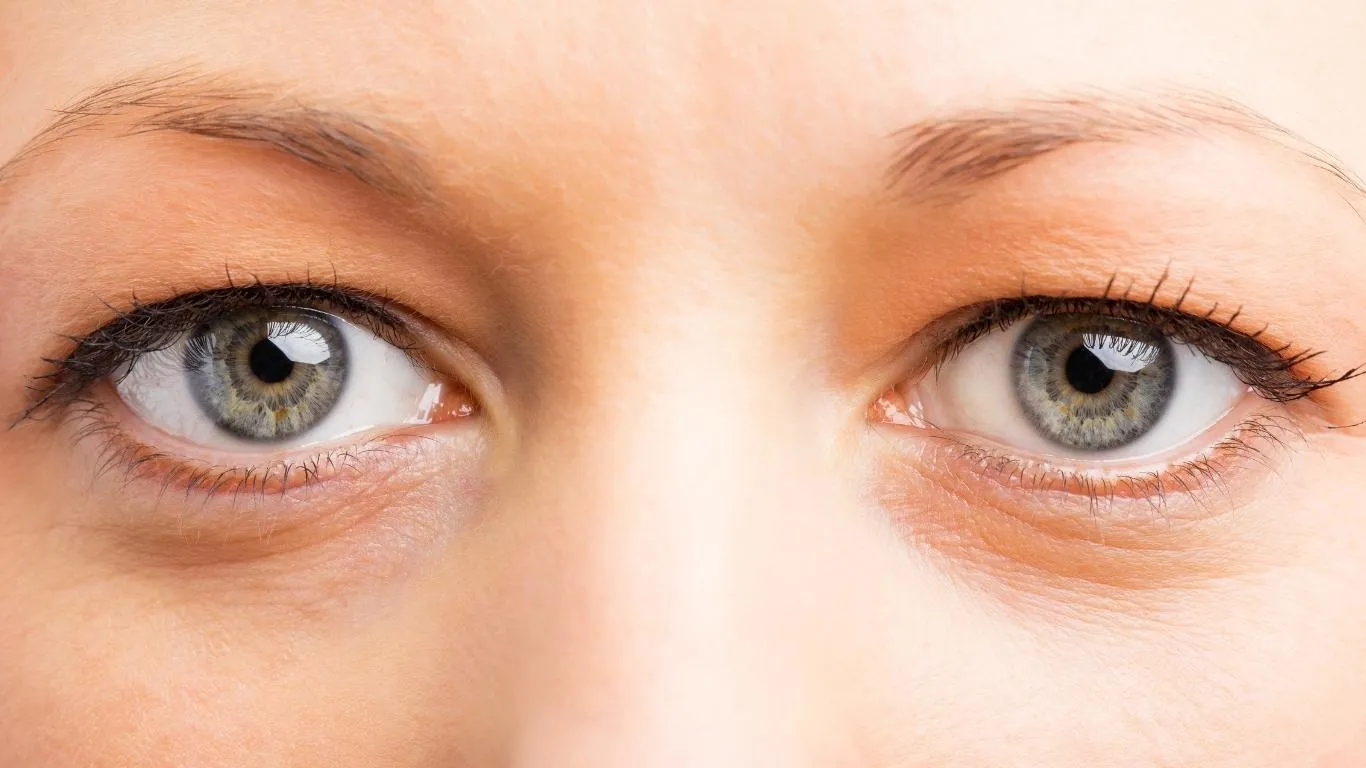
Floaters are those squiggly lines, cobwebs, or translucent shapes that drift through your vision, especially against a bright background. Technically, they’re tiny pieces of debris in your eye’s vitreous—the gel-like substance that fills the back part of your eye. When light hits these bits, they cast shadows on your retina, and boom, you see a floater.
Now, most floaters are harmless. But sometimes, they’re a sign your eyes are missing something critical—like essential nutrients. And that’s where vitamin E walks into the picture.
Vitamin E Deficiency: The Underrated Villain in Vision Health
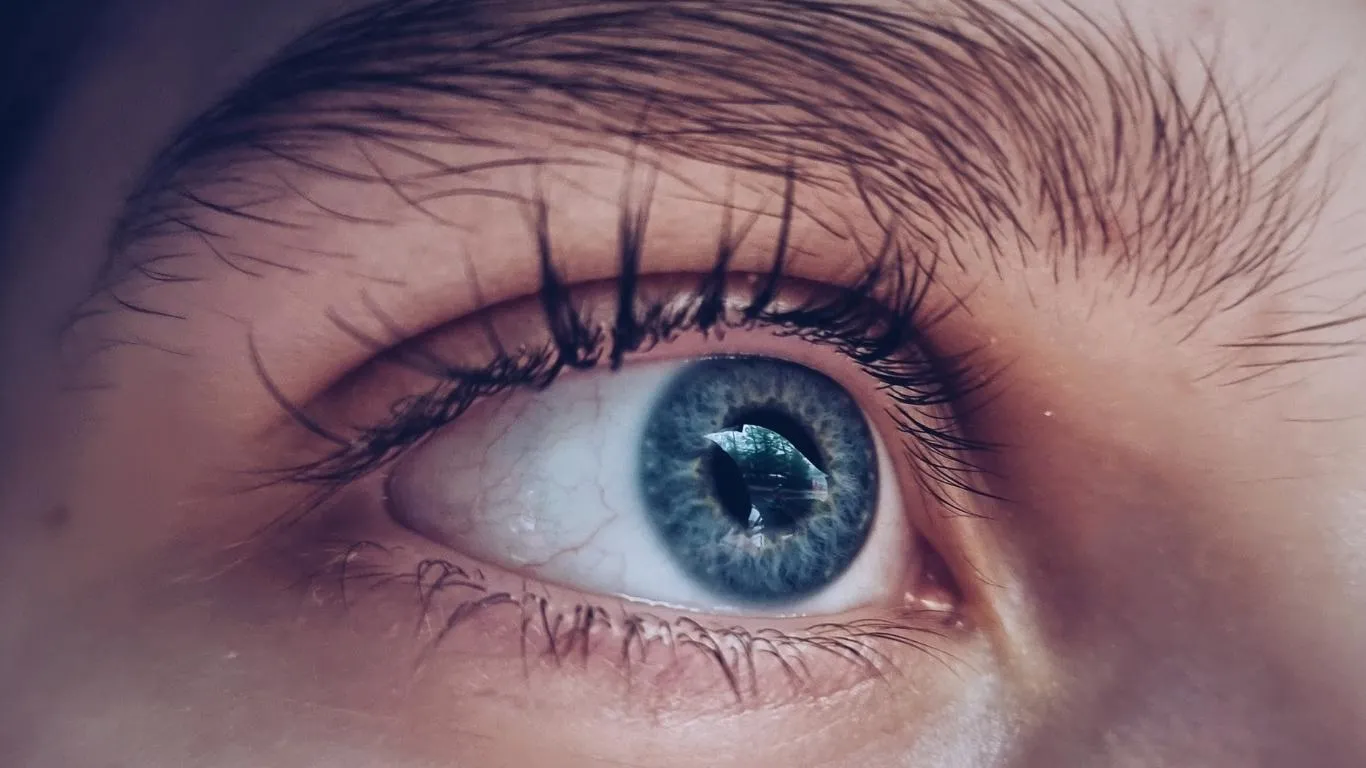
Vitamin E is a fat-soluble antioxidant that protects your cells—yes, including your precious retinal cells—from oxidative damage. When you’re running low, your body struggles to fend off the constant attack of free radicals, especially in delicate tissues like your eyes.
Signs You Might Be Deficient
- Blurred vision or increased sensitivity to light
- Muscle weakness and trouble with coordination
- Impaired immune function
- Dry eyes or increased frequency of floaters
Honestly, I didn’t realize I might’ve been skimping on vitamin E until I started digging into what could be contributing to my new floater situation. I wasn’t eating a lot of nuts, seeds, or leafy greens at the time—pretty much the main sources of this vitamin.
How Vitamin E Impacts the Vitreous and Retina
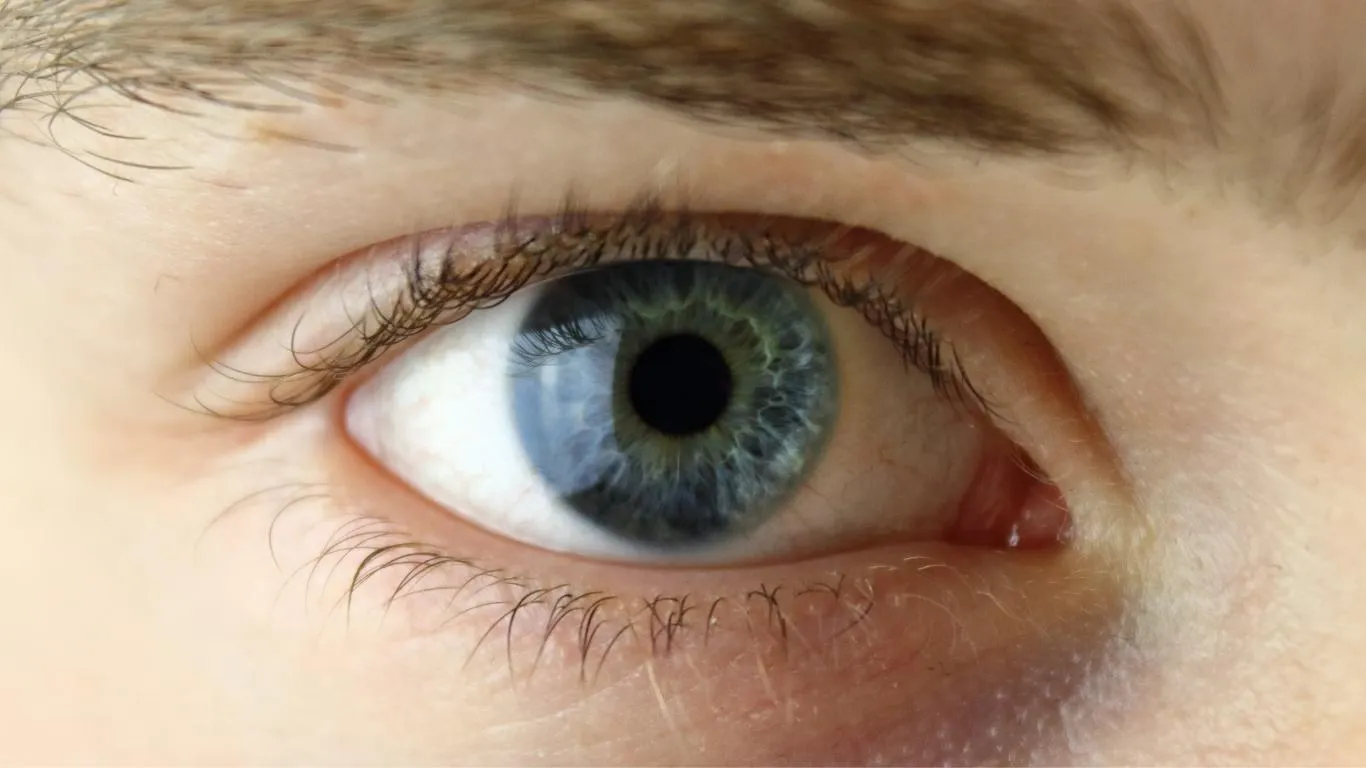
Think of vitamin E like a protective shield for your eyes. It keeps the retinal tissues healthy and delays age-related degeneration. Without enough of it, the vitreous humor—the gel inside your eye—can deteriorate faster, increasing the chances of floaters forming.
In fact, researchers have looked into this link between oxidative stress and vitreous degradation. And while more human studies are still emerging, studies show that antioxidants like vitamin E play a crucial role in slowing down degenerative eye issues.
Is It Just Age, or Something More?
Sure, floaters can be part of the normal aging process. But if they’re showing up earlier than expected or increasing suddenly, there might be an underlying deficiency at play. Especially if you’ve also been experiencing symptoms like dry skin, fatigue, or trouble with balance—those can all point to a lack of vitamin E.
It’s worth noting that floaters associated with systemic deficiencies often appear in conjunction with other red flags. According to this breakdown on floaters after injuries, even physical trauma can trigger floaters if your system’s already under stress from nutritional gaps.
Why Your Diet Might Be Failing Your Eyes
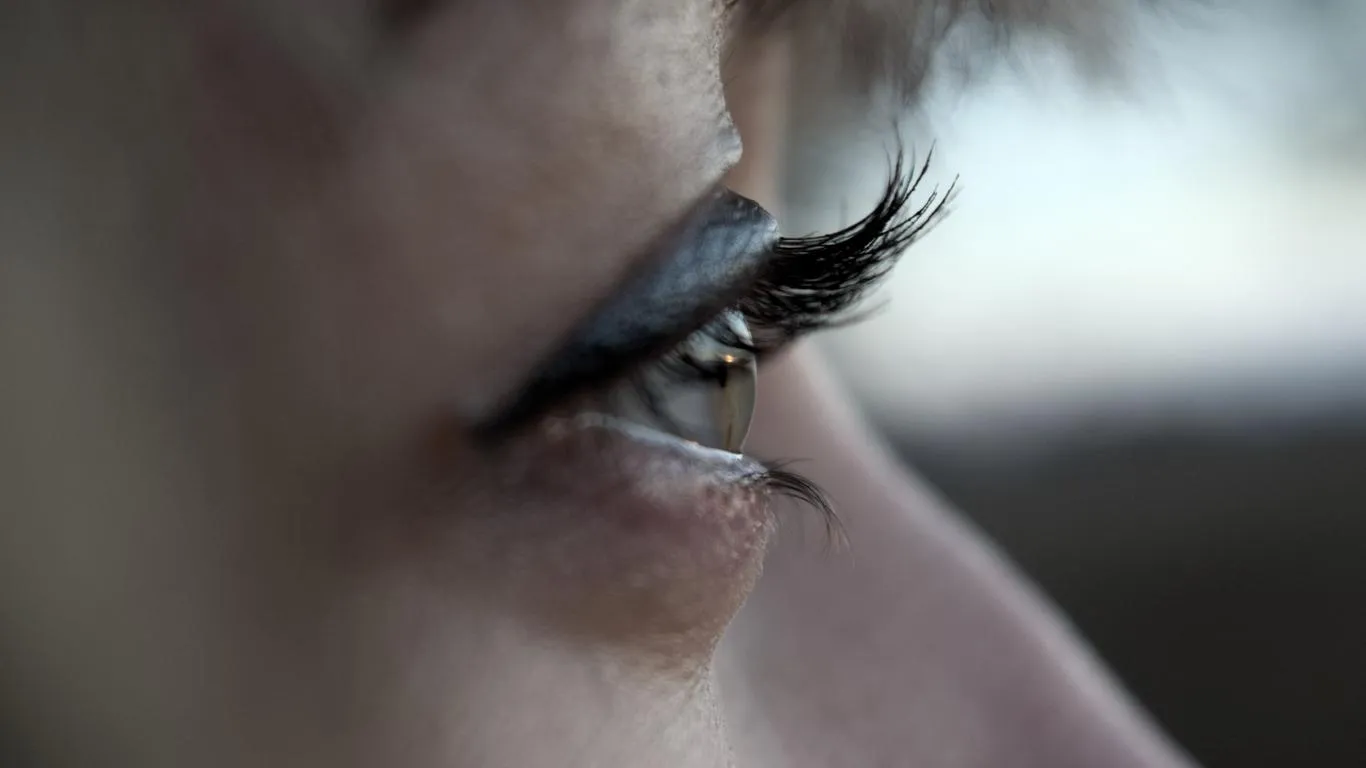
Let’s be honest—modern diets aren’t exactly eye-friendly. Processed foods, sugar overload, and not enough fresh produce? That combo does a number on your body’s ability to absorb key nutrients. Even worse if you’re on certain medications or have conditions like Crohn’s that impair fat absorption, because remember—vitamin E is fat-soluble.
I didn’t even think about that until I stumbled across how dehydration worsens floaters. Dehydration and poor nutrient absorption often go hand-in-hand. So you could be drinking tons of water but still robbing your eyes if your nutrition’s off.
What the Experts Say (and Don’t)
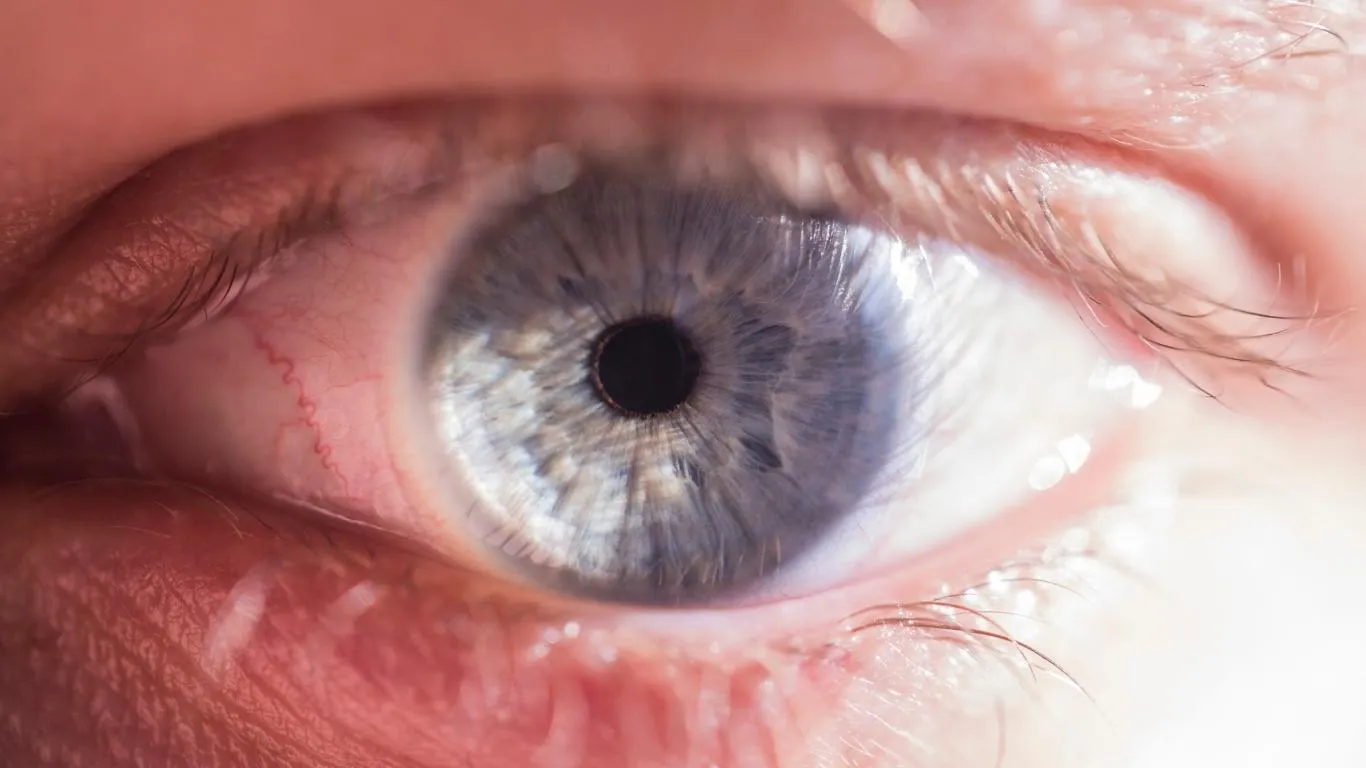
While floaters are rarely treated with medication unless severe, nutrition is a growing focus in prevention. Optometrists are increasingly looking into how dietary antioxidants—including E, C, and lutein—affect the onset and intensity of floaters.
And although there’s limited official guidance on vitamin E and floaters specifically, there’s growing evidence that antioxidant supplementation helps preserve retinal health. In fact, the National Eye Institute has long recommended nutrients like vitamin E as part of the AREDS formulation for age-related macular degeneration—another retinal concern tied to oxidative damage.
Quick Reminder: Not All Floaters Are Harmless
If you suddenly see a burst of floaters, or they’re accompanied by flashes or dark shadows, stop reading this and call your eye doc. That could mean a retinal tear—and that’s a whole different level of urgency.
How to Get More Vitamin E Naturally
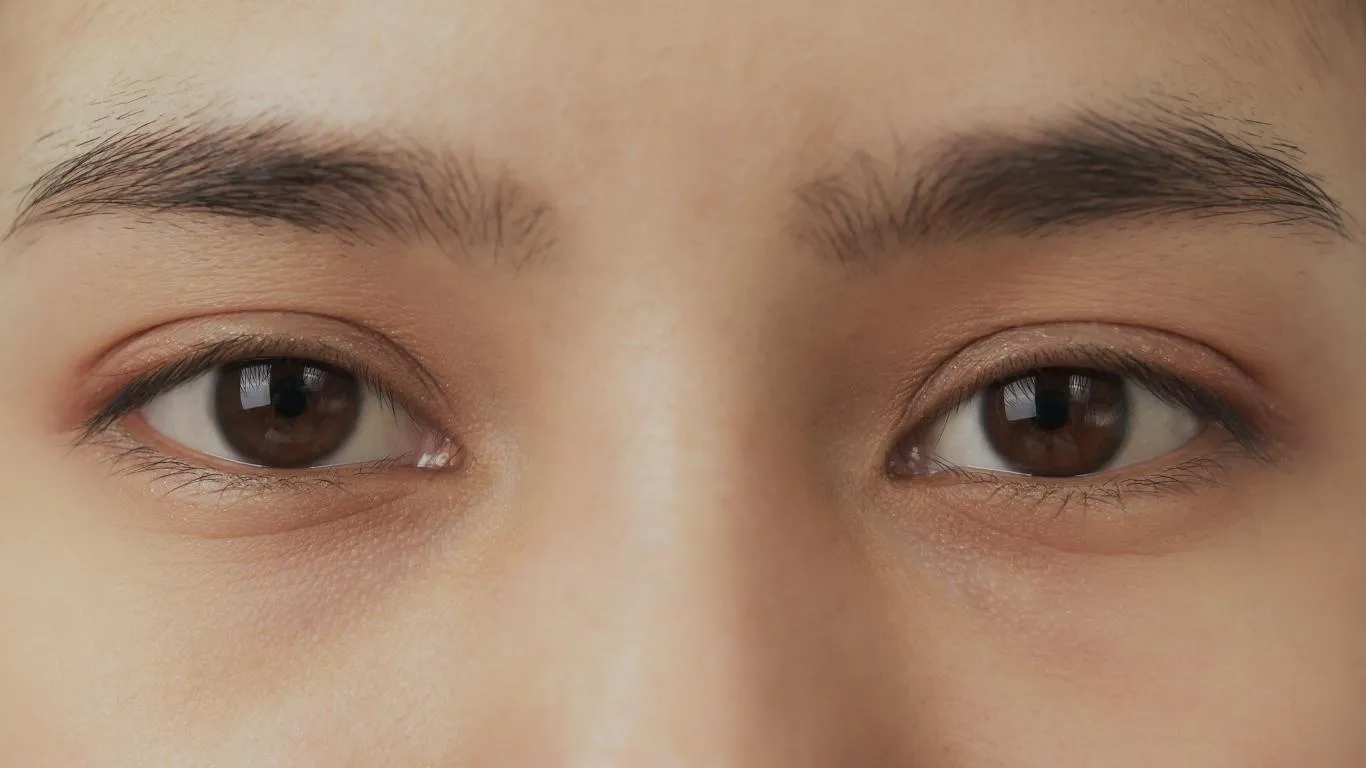
- Snack smarter: Almonds, sunflower seeds, hazelnuts, and peanuts are rich in vitamin E.
- Cook with oils like: Wheat germ oil, sunflower oil, and safflower oil.
- Eat your greens: Spinach, Swiss chard, and kale all offer a boost.
- Fortified foods: Breakfast cereals, juices, and margarine sometimes contain added vitamin E.
If you suspect you’re falling short, a blood test can help confirm deficiency. But it’s always a good idea to talk to your doctor before starting supplements, especially fat-soluble ones like E that build up over time.
Curious how floaters differ from other common vision quirks? This article dives into the differences between floaters and other eye problems.
For a full overview of causes, symptoms, and what to watch for, the main guide on eye floaters is a great place to start exploring what your eyes might be trying to tell you.
What Happens When Floaters and Vitamin E Deficiency Go Ignored
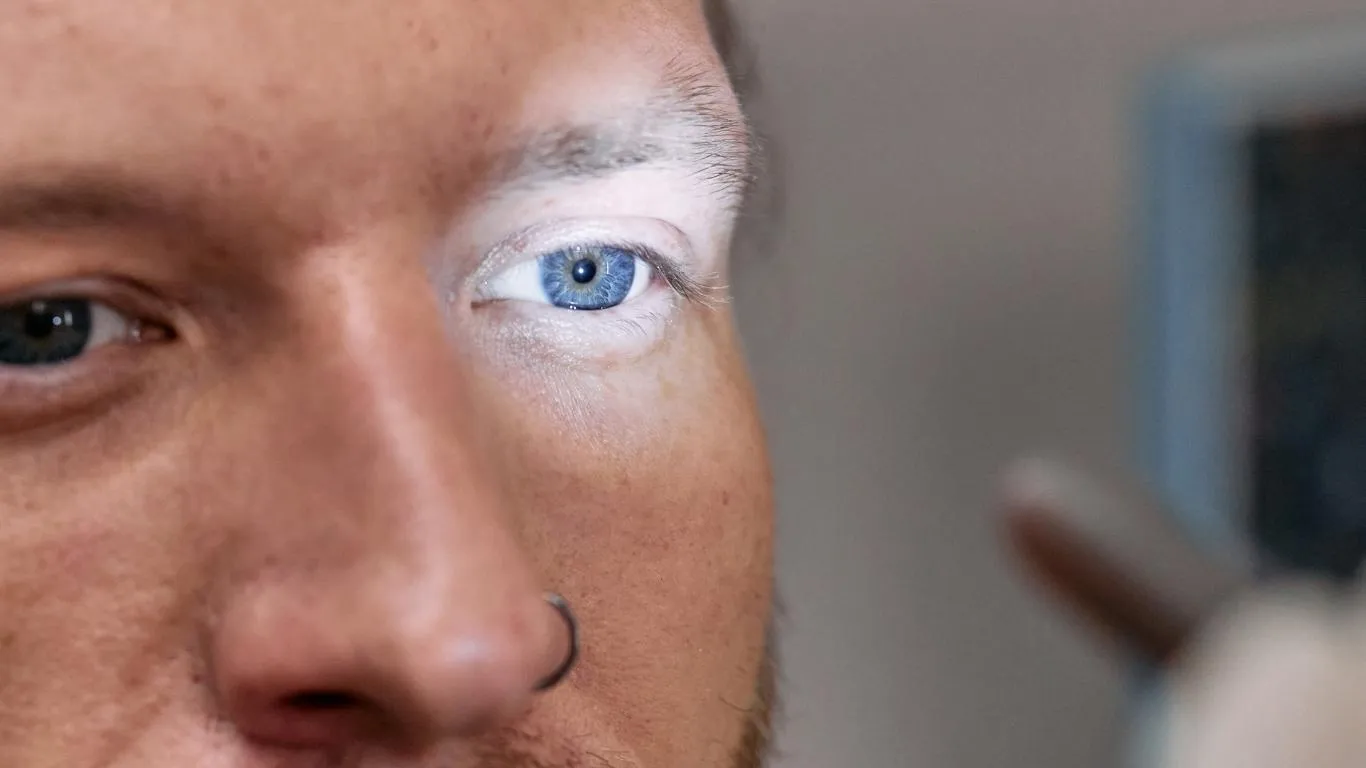
One thing I wish I’d known sooner? Ignoring both floaters and a vitamin deficiency isn’t just annoying—it could silently mess with your long-term eye health. Floaters might seem harmless, but if they start showing up more often or feel more “aggressive” in how they move, there could be something deeper going on, especially if your body is running low on protective nutrients.
It’s not just about what you see. It’s also about what your body isn’t doing—like fighting off oxidative stress. Vitamin E is a key player in that battle. Without it, your retinal cells and the vitreous gel become more vulnerable to breakdown. In fact, studies have even linked prolonged deficiency to faster progression of age-related vitreous changes.
Potential Long-Term Risks of Low Vitamin E
- Accelerated eye aging, especially in the retina
- Increased risk of cataracts or retinal thinning
- Compromised vision clarity over time
- Worsening of existing floaters or onset of new ones
Now, I’m not saying vitamin E is a magic fix—but it’s like oil for your eye engine. Skip it, and things start grinding down faster than you’d like.
When to See a Specialist—and What to Expect
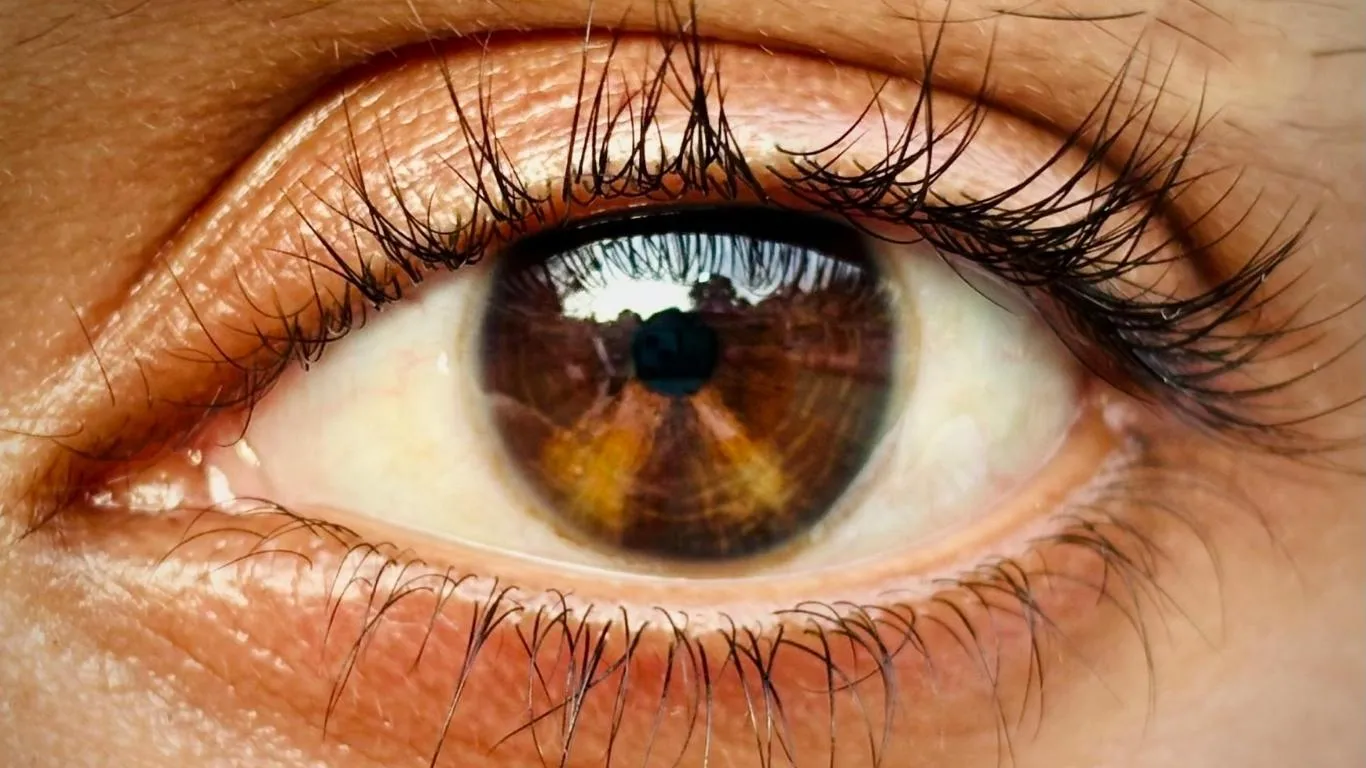
If your floaters become noticeably worse, or they appear alongside vision flashes or dark areas in your peripheral view, don’t just blame screen time or tiredness. Book that eye exam. A dilated retinal exam can detect issues like posterior vitreous detachment or early signs of retinal tears.
Doctors may not always link floaters directly to a vitamin deficiency during an exam, but they often review your overall lifestyle, diet, and related symptoms. It’s a good opportunity to discuss any broader health issues that could be influencing your vision, like poor nutrient absorption or underlying autoimmune conditions. For example, autoimmune disease floaters can mimic common cases but are more aggressive and persistent.
Should You Consider Supplements?
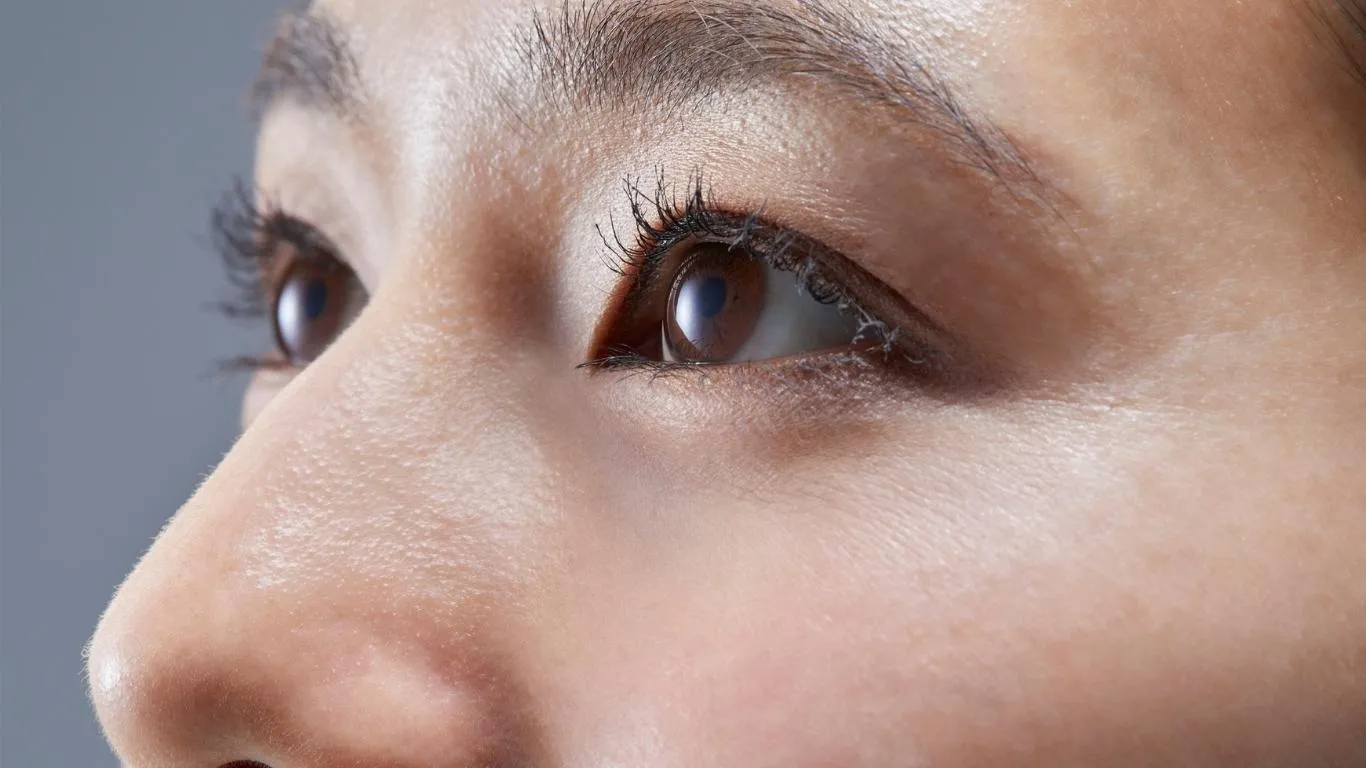
Here’s the tricky part. While you can load up on vitamin E through food, some people—myself included—don’t always hit the mark daily. That’s when a supplement might help. But remember: vitamin E builds up in your body, so more isn’t always better.
Look for a natural form of vitamin E (like d-alpha-tocopherol) rather than synthetic ones (dl-alpha), as it’s better absorbed. Pairing it with other antioxidants such as vitamin C and lutein can boost its effectiveness, especially if your goal is to support long-term eye health.
Still, not all floaters are nutrient-related. Sometimes, they’re the result of past trauma, surgeries, or even hormonal shifts. There’s an excellent breakdown here on why menopause may worsen floaters for example, or how stress can amplify them.
What I Changed That Actually Helped
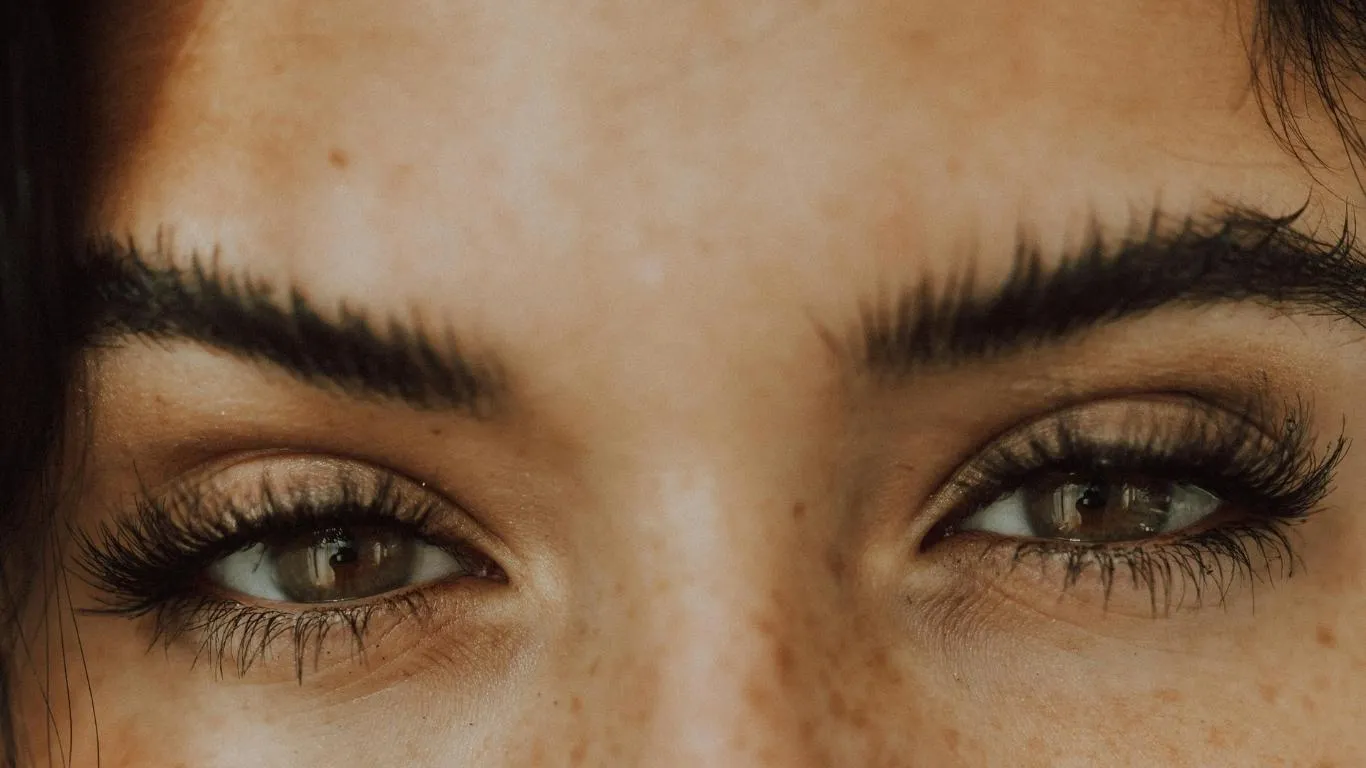
Honestly, what helped me wasn’t just adding almonds to my snacks (though I still swear by that). I started using a daily tracker to monitor floaters—when they appeared, how strong they were, and what I’d eaten or done that day. Patterns emerged: late nights, high stress, and yes, poor diet days always made them worse.
Here’s what ended up being my go-to floater routine:
- Morning: Multivitamin with vitamin E + lutein combo
- Afternoon: Hydration check (floaters get worse when I’m even a little dehydrated)
- Evening: Screen break + eye yoga (sounds woo-woo but legit works)
If you’re into holistic strategies, I highly recommend this deep dive on natural ways to manage floaters—it separates the facts from the fluff.
Can You Prevent Floaters Linked to Deficiency?
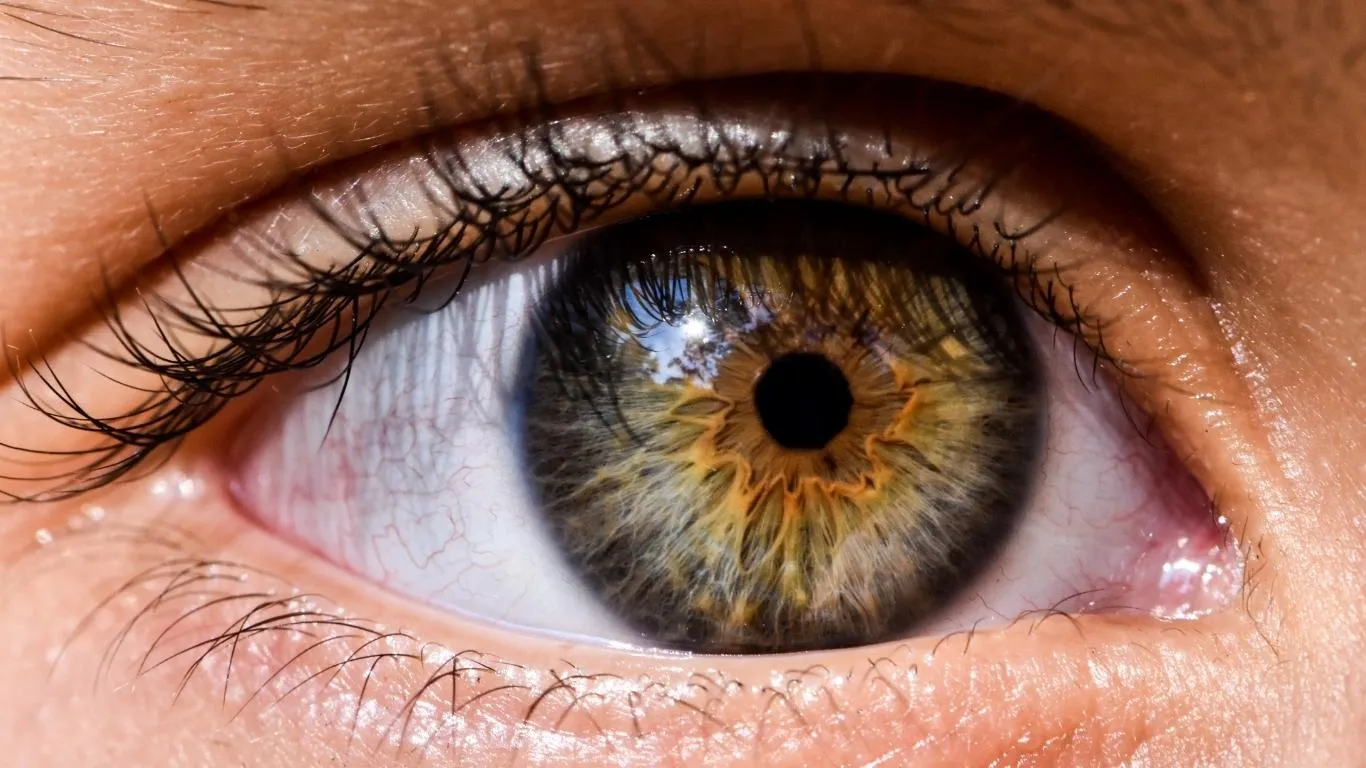
You may not stop every floater, especially if age or eye strain are part of the mix. But by staying on top of your vitamin E intake, you can absolutely slow down the underlying causes that trigger new ones. Think of it like adding an internal buffer—so your eyes stay protected even under pressure.
For anyone already struggling with floaters, it’s worth reading up on how to reduce floaters post-eye infection, especially if your immune system is part of the problem. There’s more overlap between inflammation, nutrition, and eye health than we often give credit.
Want a solid overview on floater treatments and prevention approaches? Check out the foundational piece on eye floater treatments—it breaks down everything from simple monitoring to surgical options if things ever get out of hand.
And of course, everything starts with understanding the full picture. Don’t miss the master guide on what causes floaters and how to manage them if you’re serious about staying ahead of the curve.

Camellia Wulansari is a dedicated Medical Assistant at a local clinic and a passionate health writer at Healthusias.com. With years of hands-on experience in patient care and a deep interest in preventive medicine, she bridges the gap between clinical knowledge and accessible health information. Camellia specializes in writing about digestive health, chronic conditions like GERD and hypertension, respiratory issues, and autoimmune diseases, aiming to empower readers with practical, easy-to-understand insights. When she’s not assisting patients or writing, you’ll find her enjoying quiet mornings with coffee and a medical journal in hand—or jamming to her favorite metal band, Lamb of God.

